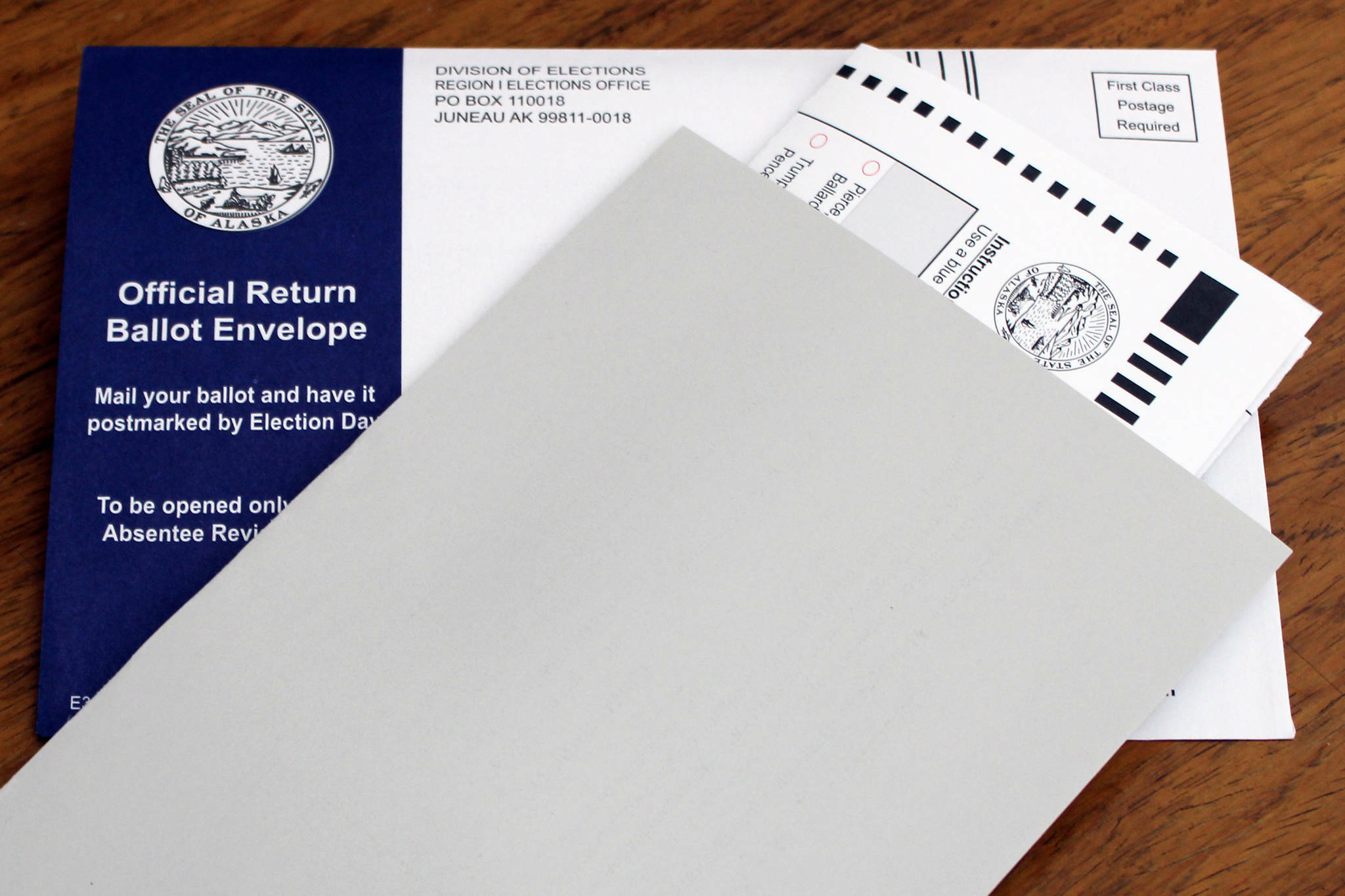Alaska makes it easy for people to keep voting in state elections after moving to other states. And the state’s new elections director says she’s considering ending a membership in a nonprofit that tried to combat fraud by helping states coordinate and maintain accurate voter lists.
Those two related facts emerged from a series of questions by state lawmakers about voting issues to Division of Elections Director Carol Beecher during a hearing Thursday at the state Capitol. While Beecher’s comments were mundane in stating she is evaluating the membership and possible alternatives, they came as several other states are canceling memberships in the nonprofit following false claims of anti-Republican activity by former President Donald Trump.
Beecher, appointed the new elections director about three weeks ago, immediately attracted controversy for stating she didn’t know if the 2020 presidential election was fairly conducted, and for being a registered Republican who has donated to Trump and other GOP candidates. Her predecessor, Gail Fenumiai, was not affiliated with a political party and engaged in no known actions on behalf of candidates.
Members of the Senate State Affairs Committee sent a list of questions to Beecher the day before the hearing, largely focusing on problematic aspects of state elections in 2020 and 2022, as well as asking her to address widespread unfounded claims such as Dominion voting machines being rigged. The new director and several other top officials involved with the election division appeared at Thursday’s meeting,
The issue of out-of-state voting arose when Sen. Bill Wielechowski, an Anchorage Democrat, noted during his campaign he knocked on doors where the listed occupant was a longtime voter, but had actually moved out-of-state years ago, according to the actual occupant.
“How is it those people are still voting in our elections?” he asked.
Currently the decision to keep or remove a person from the voter rolls is based on the person’s intention to return to Alaska, which frequently cannot be disproven, said Carol Thompson, operations manager for the elections division. The same standard applies to a person who moves to a different district in Alaska while still voting in the old one.
“The division has no way of knowing what a person intends,” she said, adding it is something that can be modified through legislation.
That led to a discussion about the non-profit known as the Electronic Registration Information Center founded in 2012, which analyzes information from member states such as voter registration, motor vehicle databases, federal death data and change of address forms to help detect deceased, relocated or other invalid voters on registration lists.
“There are some benefits to remaining in (ERIC) because it does help us with list maintenance,” Beecher said. “There are also some drawbacks.”
The specific drawback she cited was cost, especially since Alaska is among the smallest states in terms of population, which is among the reasons alternatives are being evaluated and “are there ways we can do better ourselves.”
ERIC’s website states current annual fees range between $26,000 and $116,000 based on a state’s population. The election division’s current fiscal budget is about $13 million, with about $8.4 million proposed by Gov. Mike Dunleavy for next year since it is an “off” year for elections.
More than 30 states and the District of Columbia were members of ERIC as of last year, but at least six Republican-led states have since either canceled their memberships or announced plans to do so. The withdrawals came after the far-right conspiracy site The Gateway Pundit claimed ERIC is run by left-wing voter registration activists and funded by billionaire George Soros. Trump, in a post on his social media site earlier this week, urged Republican-led states with abandon ERIC because “‘pumps the rolls’ for Democrats.”
The conspiracy claims have promoted an “open letter” to be posted at the top of ERIC’s website by Executive Director Shane Hamlin “to set the record straight on a few important points.”
“ERIC is never connected to any state’s voter registration system,” he wrote. “Members retain complete control over their voter rolls and they use the reports we provide in ways that comply with federal and state laws.”
Discussions about such conspiracies weren’t part of Thursday’s meeting with Beecher, but legislators emphasized they want to ensure a suitable alternative is in place if membership with ERIC is discontinued.
“If somebody says ERIC is imperfect, I bet it’s imperfect,” said Sen. Matt Claman, an Anchorage Democrat. “The question becomes, do we have a better alternative and if we were going to switch, do we have confidence that that alternative will actually work better?”
• Contact reporter Mark Sabbatini at mark.sabbatini@juneauempire.com

